About
Pleven
„Pleven [ˈplɛvɛn] (Bulgarian Плевен) is the seventh largest city in Bulgaria in the valley of the little river Tutscheniza. It is a transport centre of Northern Bulgaria in the middle of an agricultural area and industrial city. The city is located 160 km from the capital Sofia and 320 km from the Black Sea, 30 km south of the Danube. Prior to the Bulgarian orthographic reform of 1945, the name of the town was spelled Плѣвенъ (with yat) in Cyrillic. The word derives from the Slavic word plevnya („barn“) or from plevel, meaning „weed“.
The events of the Russo-Turkish War proved crucial for the development of Pleven as a key town of central northern Bulgaria. The town experienced significant demographic and economic growth in the following years, gradually establishing itself as a cultural centre of the region.“
(source: https://www.pleven.bg)
Saint George the Victorious Chapel and Mausoleum
The construction of the memorial in neo-Byzantine style finished in 1907. The monument was inaugurated by Prince Ferdinand I of Saxe-Coburg-Gotha. The interior has a floor plan in the shape of a Greek cross. The three large wall paintings are from 1977, and in the crypt there are mass graves with the bones of Russian and Romanian soldiers who died defending Pleven.
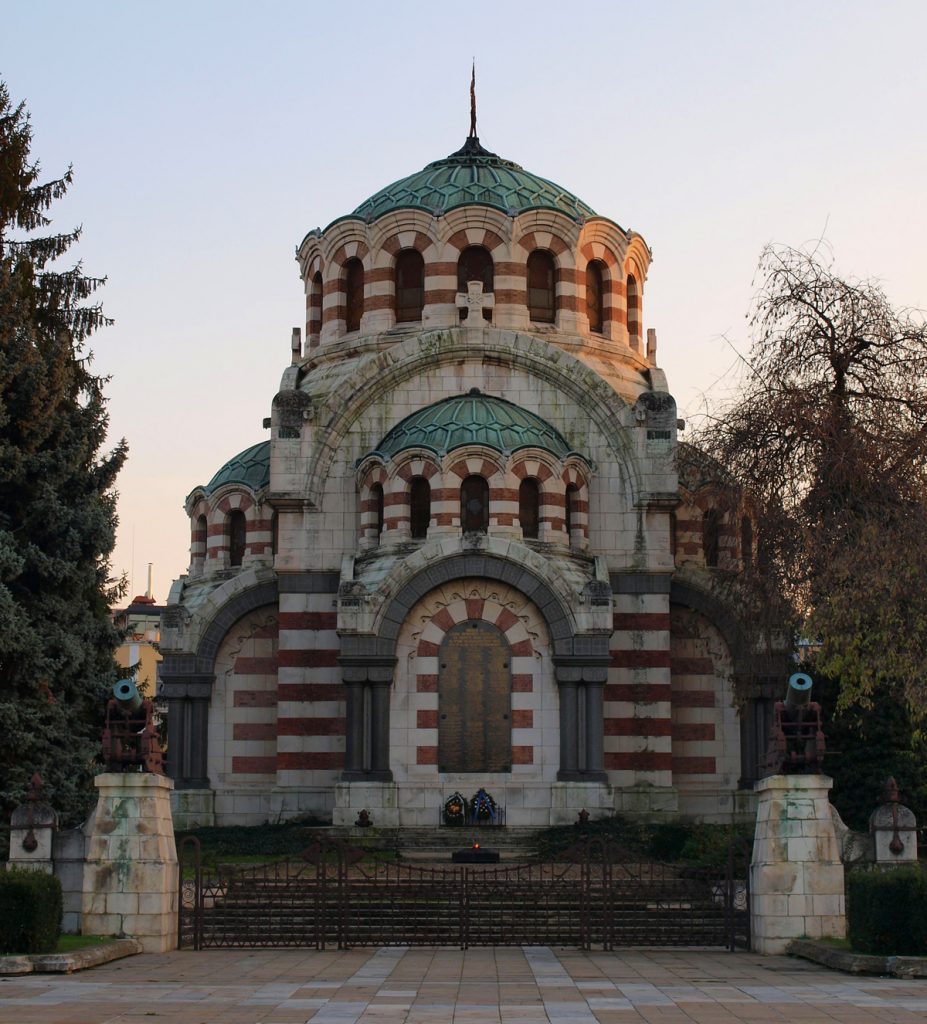
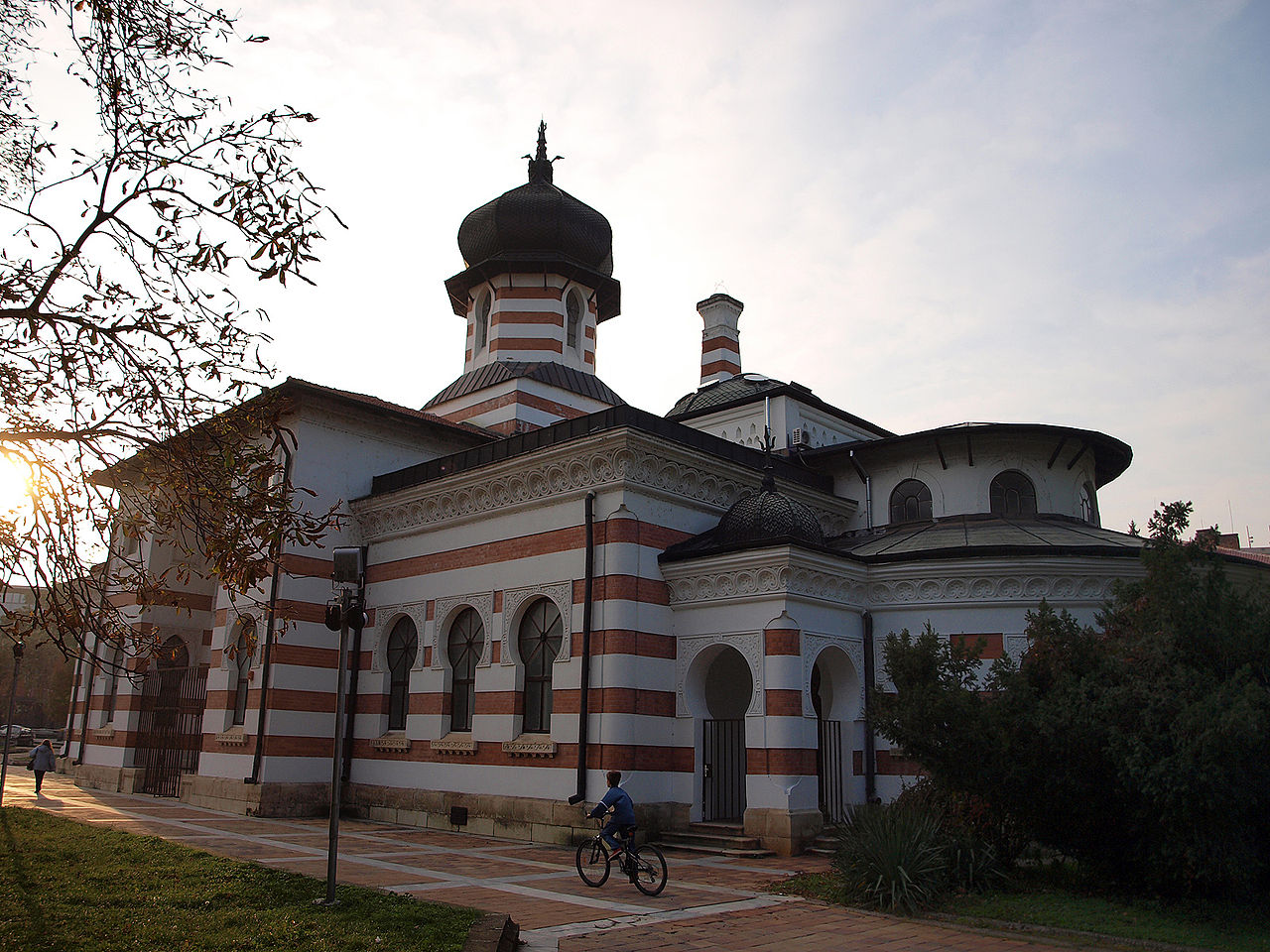
Svetlin Rusev Art Gallery
The gallery houses a collection of modern Bulgarian art by the Pleven-born painter Svetlin Rusev. Further works are by: Canko Lavrenov, Benco Obreškov, David Perec, Majstora. Here are also the works of the two first Bulgarian female sculptors Mara Georgieva and Vaska Emanuilova. On the second floor drawings and copies of small statues are on display.
Pleven Epopee 1977
With this impressive monument the city commemorates the glorious victory of a Russian-Romanian army under general Gurko over the Turks in 1877. The closure of the siege ring around Pleven which became possible as a result, was a very important milestone on Bulgaria’s path to independence. Very impressive is also the panorama, which extends over several floors.
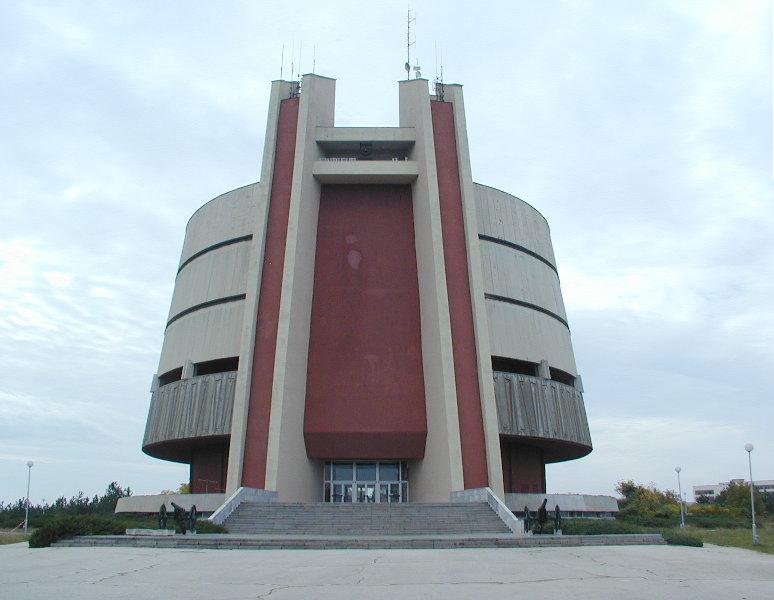
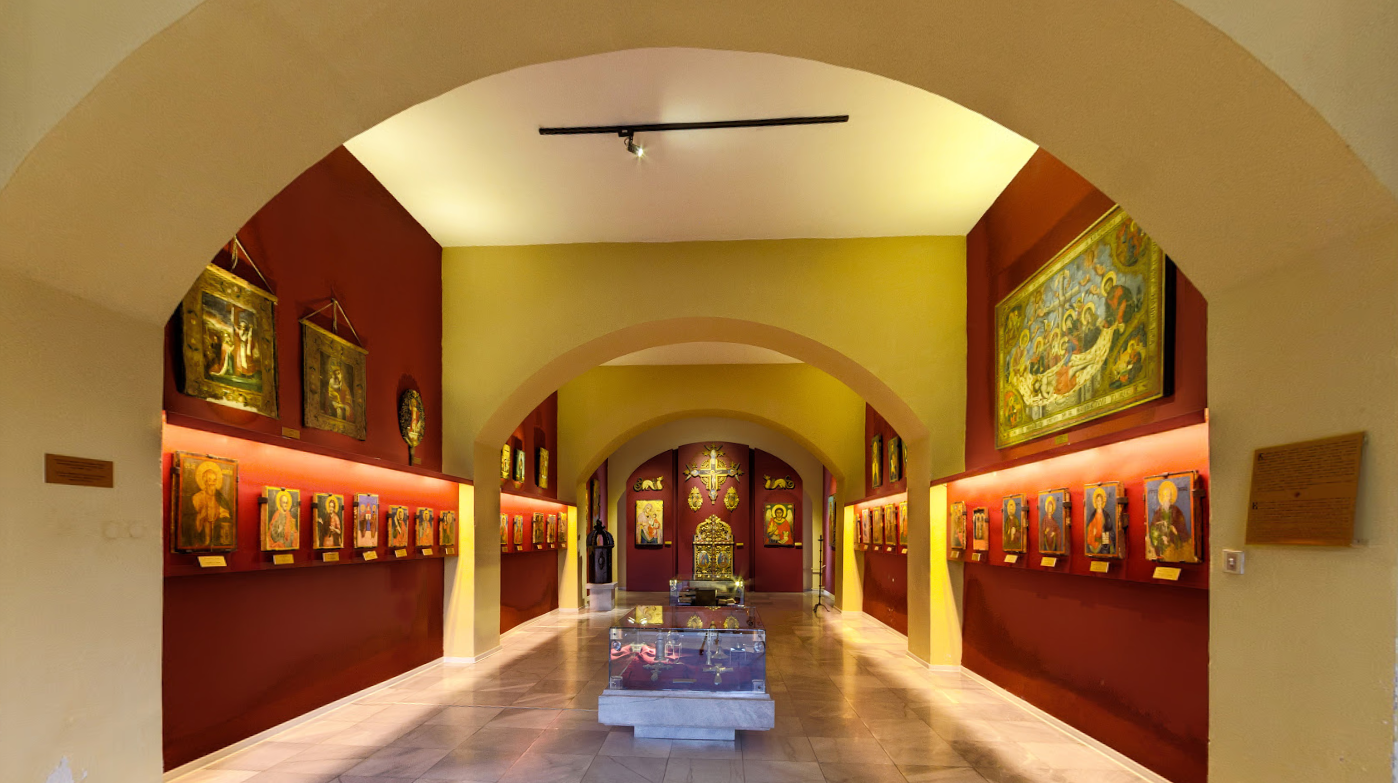
Regional Historical Museum
This large and important museum is situated in a two-story edifice near the centre of Pleven. The museum’s permanent exposition of 5,000 items is situated in a total of 24 halls and is divided in 5 departments, devoted to archaeology, ethno-graphy, the Bulgarian National Revival and the Ottoman rule of Bulgaria, modern history, and nature.
Pleven’s City Center
Plevens city centre is made up of the neighbouring squares of Vazrazdane Square and Svoboda Square, which are decorated with large flowerbeds and fountains.
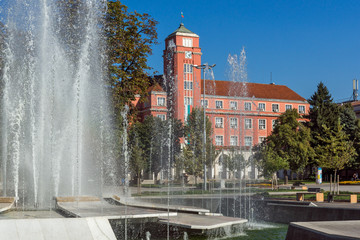
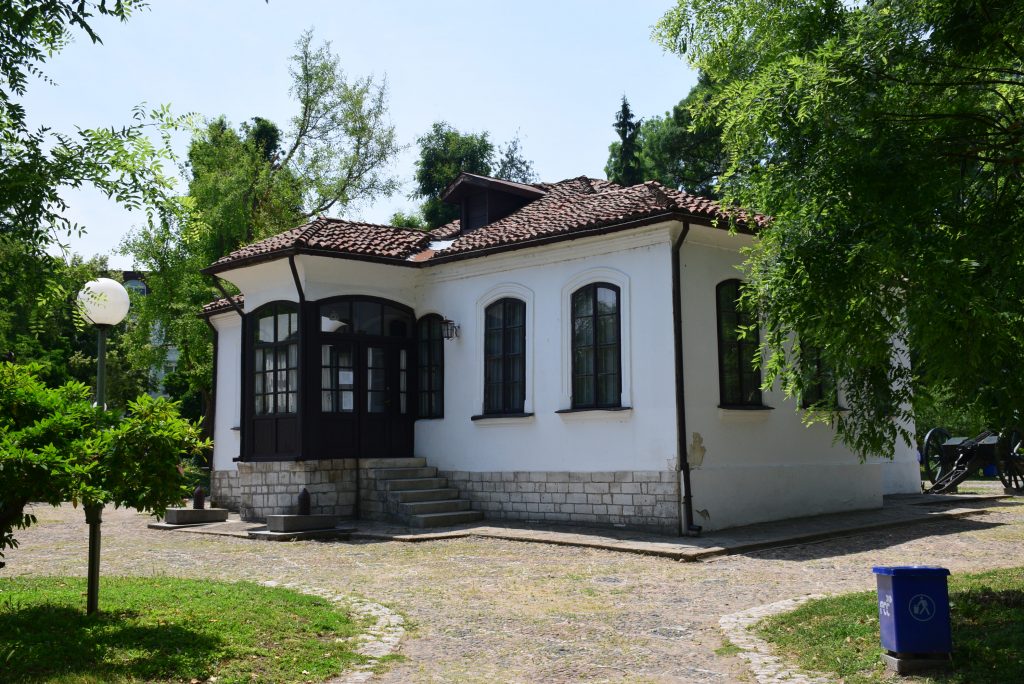
House Museum Tsar Alexander II
The museum is located 250 m north of Pl. Svoboda in a park. In the rebirth house the tsar accepted the surrender of Osman Pasa. On maps you can see the course of the battle, a painting shows the proud ruler of all repentants in hussar uniform.
Important personalities of Pleven
Get to know some of the city’s most important personalities
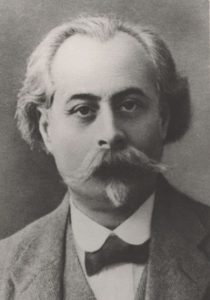
Georgi Iordanov Kirkov
Georgi Iordanov Kirkov (15.08.1867 – 25.08. 1919) was a prominent Bulgarian socialist politician and one of the founders of the Bulgarian Workers’ Social Democratic Party From 1879 to 1886. Kirkov studied in Russia, where he became familiar with the works of the Russian revolutionary democrats and with underground Narodnik (Populist) literature. From 1886 to 1892 he lived in Bulgaria, and from 1892 to 1895 he studied in Vienna, where he took part in the Austrian labor movement.
Институт за литература на БАН © 2018 – 2020
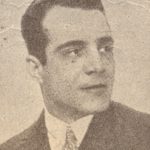
Vladimir Trandafilov
Vladimir Trandafilov (* 4 September 1897 in Pleven; † 13 January 1972 in Sofia) was a Bulgarian actor and director. He studied acting in Paris and then worked at the National Theater in Sofia. Important roles included King Lear by William Shakespeare, Philip in Don Carlos by Friedrich Schiller and Paratov in Girls without dowry by Alexander Nikolayevich Ostrovsky.
He was considered a hero of socialist work and was awarded the Dimitrov Prize.
Some facts you didn't know about Pleven
Due to the battle in 1877 a city in Kansas and a town in Montana in the United States, as well as a village in Ontario, Canada were named after Pleven, or more precisely its historical name in English Plevna.
In Romania, more than 10 large cities have a Plevna (Romanian for Pleven) street, as Pleven was the location for an important battle between the Ottoman Empire on one side, and the Russian Empire and Romania on the other.
Pleven is a modern city and one of the most ecologically clean cities in Bulgaria. A green zone of 25 000 decares is surrounding Pleven, including parks and forests, which serve as a filter against the air pollution.
The most remarkable place in the town is the panorama of the Pleven epic of 1877, which is located on the top of the hill. It combines artistic paintings, sculptures and is one of the most culturally valuable treasures of Pleven.
The water cascades in Pleven are an water complex that has more than 1,500 m2 of water-covered area with more than 10 waterfalls, fountains, 3 water mirrors, differently modeled water streams and splashes. It has been built in Pleven downtown in 1982.
On 10-th of December Pleven celebrates its official holiday. The date is related with the Russian-Turkish war and the battle for the liberation of Pleven, which gained a strategic importance and focused the attention of the world public for 5 months.
Survival Bulgarian
Hello! | Добър ден! Dobyr den! | ||
How are you? | Как си? Kak si? |
Excuse me! | Извинете! Izvinete! | ||
Can you help me? | Можете ли да ми помогнете? Mozhete li da mi pomognete? |
Извинете, как да стигна до летището? Izvinete, kak da stigna do letishcheto? |
Do you like music? | Obichate li muzika? | ||
I like classical music. | Аз харесвам класическа музика. Az kharesvam klasicheska muzika. | ||
This is my guitar | Tova ye mojata kitara. |
Do you like it here? | Харесва ли Ви тук? Kharesva li Vi tuk? | ||
|
|
| |
Please do visit me sometime! | Елате ми на гости! Elate mi na gosti! |
| |
|
|
| |
Here is my address. | Ето адреса ми. Eto adresa mi. |
|
